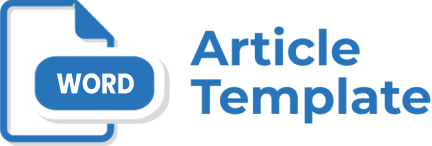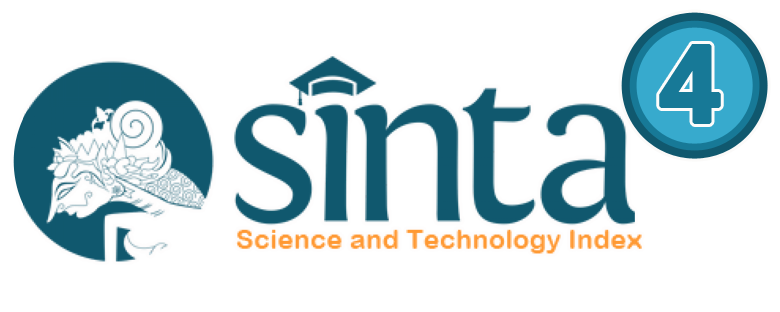REFORMULASI KONSTRUKSI PIDANA DALAM MENJERAT PELAKU TINDAK PIDANA KORPORASI
Abstract
Abstract
This article aims to analyze the reformulation of corporate criminal responsibility in Indonesia by reviewing the legislation and court rulings as a reference, in a corporate crime not yet the custom of the public prosecutor or court to explore aspects of corporate crime and or ensnare the intellectual perpetrator in corporate crime, in the principle of a criminal act involving a corporation of criminal prosecution can be done, but it is almost never done, so that the process of law enforcement in a corporate crime is committed by committing a general crime, even though the crime of the company is a special crime which must also be dealt with in a special way. The results of this study have not implemented the concept of corporate crime by law enforcement, so that the perpetrators of the corporation avoid the deterrent effect, especially the perpetrators of intellectuals and corporations. This study uses the normative method by reviewing the Law with the help of secondary legal materials in the form of court decisions and other legal doctrines, using deductive and prescriptive analysis. The results show that law enforcers have not been able to enforce the law in relation to criminal offenses involving corporations, corporations that should be trapped with corporate crime are rarely snared because of incomprehension of public prosecutors in the construction of criminal law theory in corporate criminal concepts which has become prevalent in many countries today in both common law and civil law countries.
Keywords: Reformulation; Criminal liability; Corporations.
Abstrak
Artikel ini bertujuan menganalisis reformulasi pertanggungjawaban pidana perusahaan di Indonesia dengan meninjau kembali aturan Perundang-undangan dan Putusan pengadilan sebagai acuan, dalam tindak pidana korporasi belum menjadi kebiasaan jaksa penuntut umum atau pengadilan untuk mengeksplorasi aspek kejahatan perusahaan dan atau menjerat pelaku intelektual dalam kejahatan korporasi, meski dalam prinsip tindak pidana yang melibatkan korporasi penindakan secara pidana dapat dilakukan, namun hampir tidak pernah dilakukan, sehingga proses penegakan hukum dalam tindak pidana korporasi dilakukan dengan melakukan tindak pidana umum, walaupun kejahatan perusahaan adalah kejahatan khusus yang mana juga harus ditangani dengan cara yang khusus. Hasil penelitian ini belum diimplementasikan konsep kejahatan korporasi yang benar oleh penegakan hukum, sehingga para pelaku korporasi terhindar dari efek jera, terutama pelaku intelektual dan korporasinya. Penelitian ini memakai metode normatif dengan mengkaji Undang-undang dengan dibantu bahan-bahan hukum sekunder berupa putusan-putusan pengadilan dan doktrin-doktrin hukum lainnya, dengan memakai analisis deduktif dan preskriptif. Hasil penelitian menunjukkan bahwa para penegak hukum belum mampu dalam menegakkan hukum dalam kaitannya yang mengenai tindak pidana yang melibatkan korporasi, korporasi yang seharusnya dapat di jerat dengan tindak pidana korporasi jarang sekali di jerat karena ketidakpahaman jaksa penuntut umum dalam konstruksi teori hukum pidana dalam konsep pidana korporasi yang telah menjadi kelaziman di berbagai negara saat ini baik di negara dengan sistem common law maupun civil law.
Kata Kunci: Reformulasi; Pertanggungjawabanpidana; Korporasi.
Full Text:
PDFDOI: https://doi.org/10.20961/hpe.v7i1.29208
Refbacks
- There are currently no refbacks.
Copyright (c) 2019 Yatini ,, Hari Purwadi, Hartiwiningsih ,
Jurnal Hukum dan Pembangunan Ekonomi Online ISSN : 2777-0818
|









